How Engine Cooling System Works Engineering Discoveries
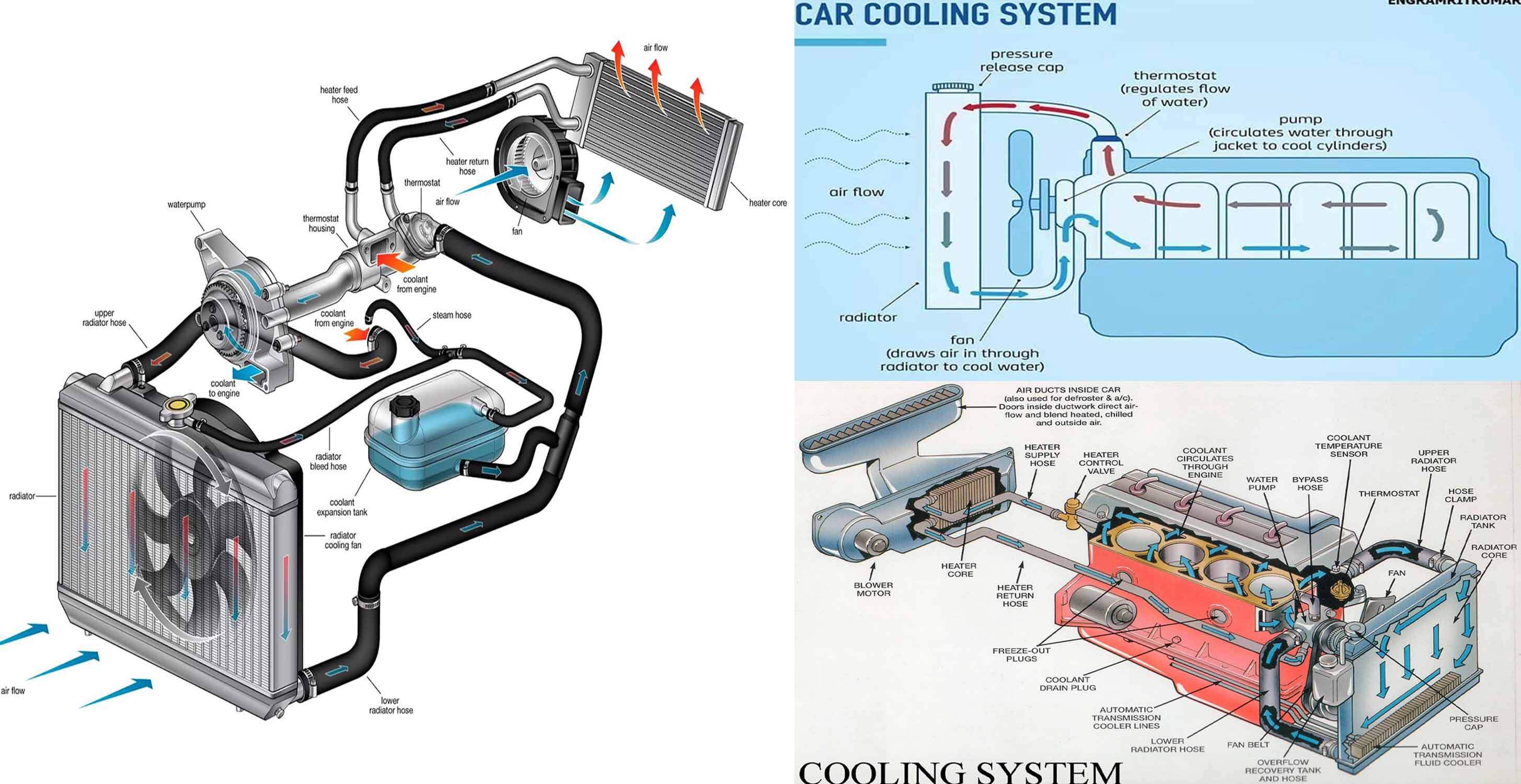
How Engine Cooling System Works Engineering Discoveries In the video, we learn about the general structure and operating principle of one of the subsystems of a car engine the engine cooling system. the video br. The job of the car’s cooling system is to allow the engine to quickly attain its maximum temperature, maintain that temperature during its use and release the excess heat into the air. the cooling system is composed of various parts: the radiator, pressure cap, fan, pump, thermostat, hoses and overflow tank. the pump sends cooling fluid to.
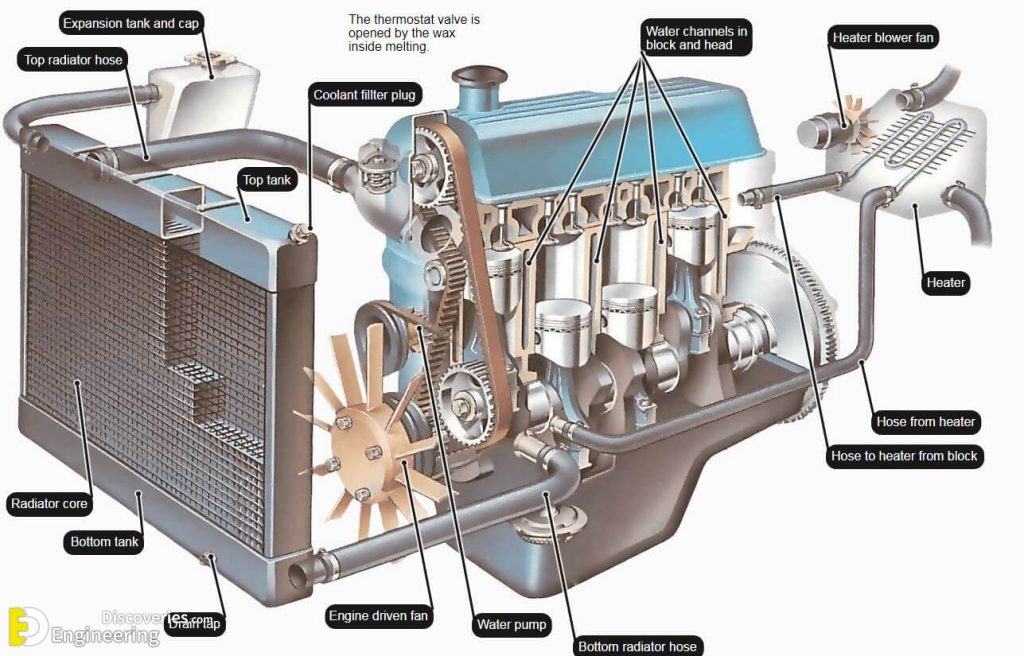
How Engine Cooling System Works Engineering Discoveries The engine cooling system is a critical component of an internal combustion engine, designed to remove excess heat generated during the combustion process. this system plays a vital role in maintaining the optimal operating temperature of the engine, ensuring its longevity and efficient performance. The cooling system cools the engine as well as stabilizes the temperature to meet the engine’s operating requirements. the main function of the engine cooling system is to maintain the engine temperature as normal and prevent it from overheating. the engine cooling system cools the engine by circulating coolant through the engine vents. 1] removes extra heat: it is the main function of the engine cooling system to carry away the excess heat generated by the engine. 2] helps to attain optimum temperature faster: the optimum temperature means the temperature at which the engine gives better performance. thus, after starting the engine, it is necessary that the engine should. Air cooling system. air cooling is a method of dissipating heat. it works by expanding the surface area or increasing the flow of air over the object to be cooled, or both. the addition of fins to a heat sink increases its total surface area, resulting in greater cooling effectiveness.
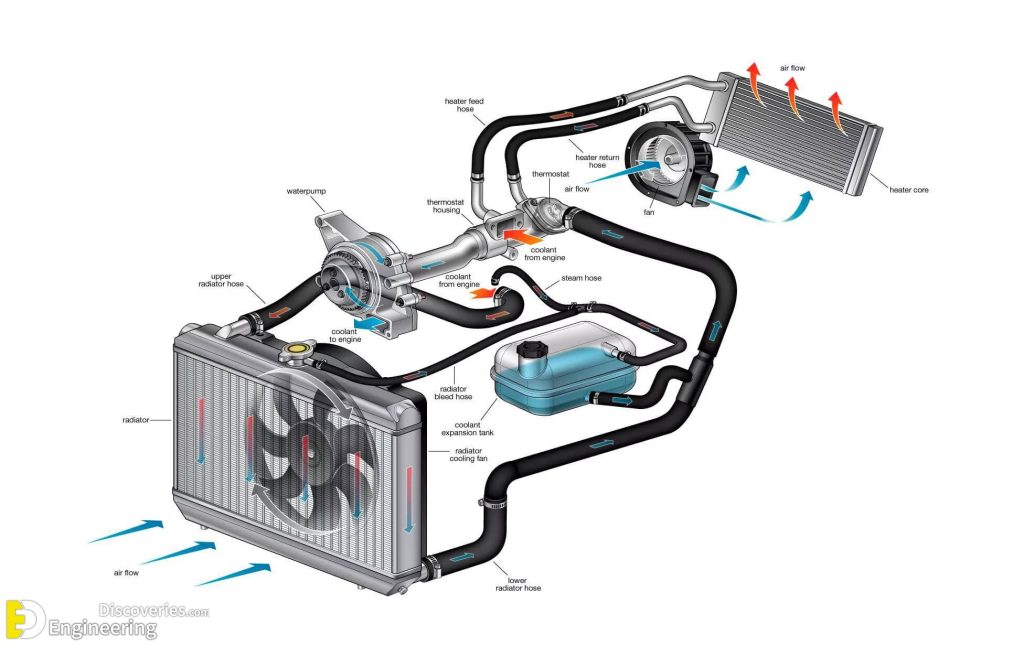
How Engine Cooling System Works Engineering Discoveries 1] removes extra heat: it is the main function of the engine cooling system to carry away the excess heat generated by the engine. 2] helps to attain optimum temperature faster: the optimum temperature means the temperature at which the engine gives better performance. thus, after starting the engine, it is necessary that the engine should. Air cooling system. air cooling is a method of dissipating heat. it works by expanding the surface area or increasing the flow of air over the object to be cooled, or both. the addition of fins to a heat sink increases its total surface area, resulting in greater cooling effectiveness. When the engine warms up, the wax melts, expands and pushes the valve open, allowing coolant to flow through the radiator. when the engine stops and cools, the valve closes again. water expands when it freezes, and if the water in an engine freezes it can burst the block or radiator. so antifreeze usually ethylene glycol is added to the water. The primary job of the cooling system is to keep the engine from overheating by transferring this heat to the air, but the cooling system also has several other important jobs. the engine in your car runs best at a fairly high temperature. when the engine is cold, components wear out faster, and the engine is less efficient and emits more.
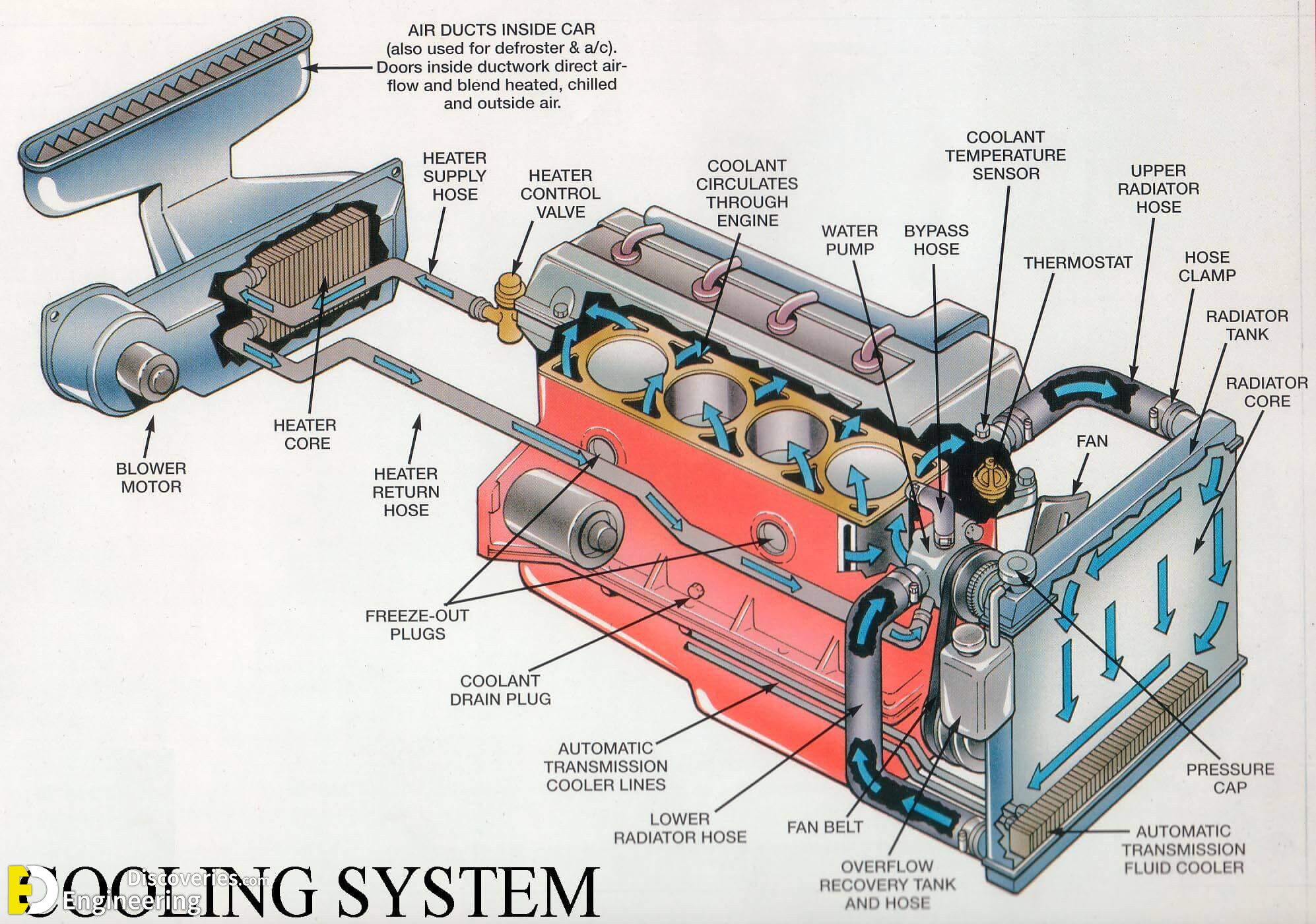
How Engine Cooling System Works Engineering Discoveries When the engine warms up, the wax melts, expands and pushes the valve open, allowing coolant to flow through the radiator. when the engine stops and cools, the valve closes again. water expands when it freezes, and if the water in an engine freezes it can burst the block or radiator. so antifreeze usually ethylene glycol is added to the water. The primary job of the cooling system is to keep the engine from overheating by transferring this heat to the air, but the cooling system also has several other important jobs. the engine in your car runs best at a fairly high temperature. when the engine is cold, components wear out faster, and the engine is less efficient and emits more.
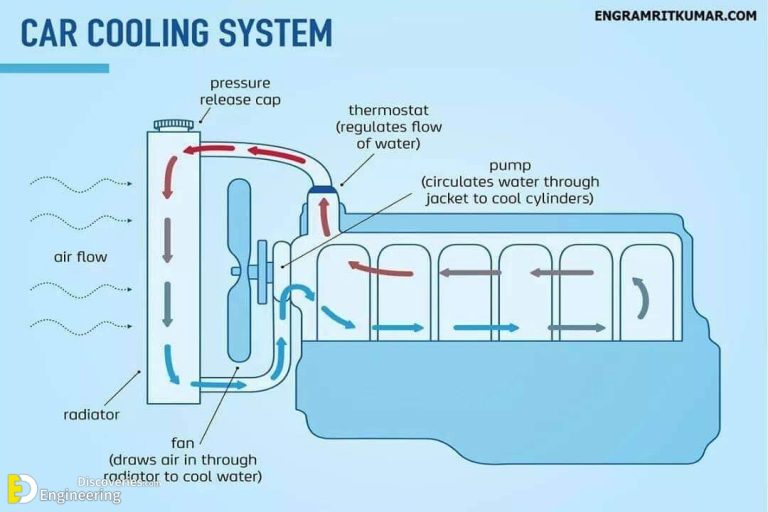
How Engine Cooling System Works Engineering Discoveries

Comments are closed.